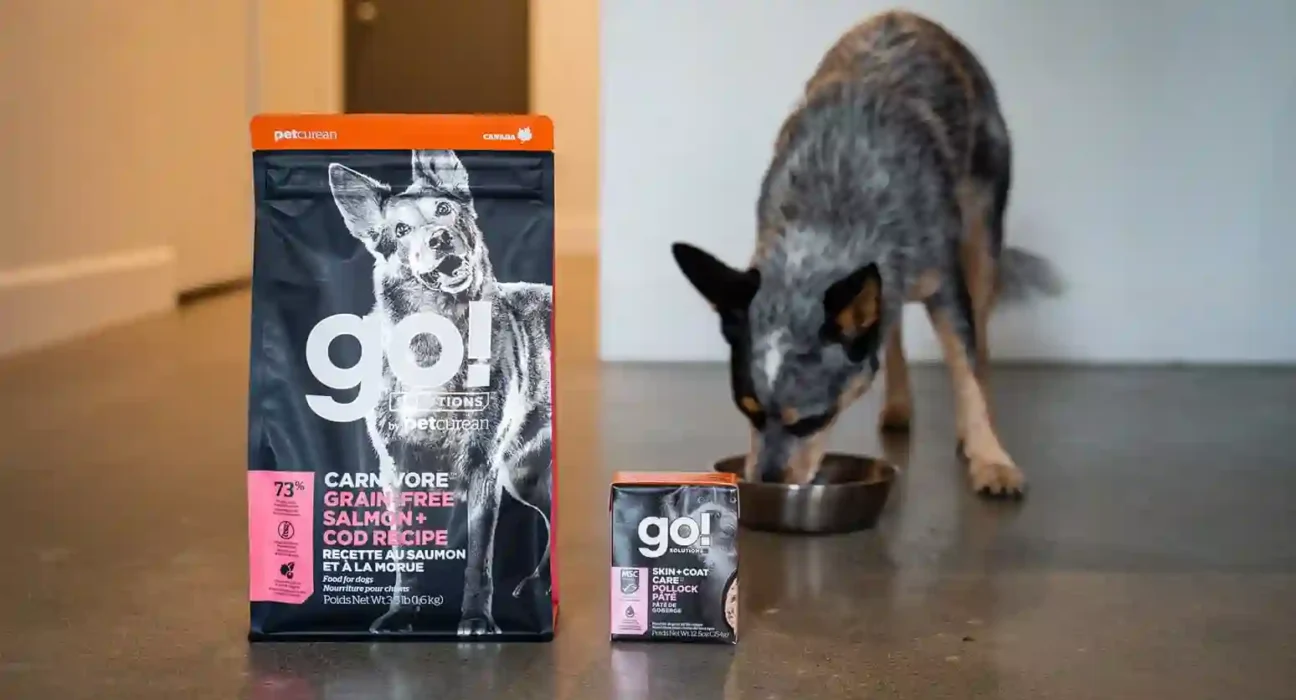Diet plays a crucial role in the overall health and well-being of our canine companions. For dogs dealing with conditions such as pancreatitis or struggling with obesity, adopting a low-fat diet can be a beneficial dietary approach. In this article, we will explore the importance of low-fat dog food, its role in managing canine pancreatitis and obesity, and considerations for pet owners seeking to provide optimal nutrition for their furry friends.
Understanding Canine Pancreatitis:
- Pancreatitis Overview: Pancreatitis is the inflammation of the pancreas, an organ that plays a key role in digestion and blood sugar regulation. In dogs, pancreatitis can lead to digestive issues, abdominal pain, and other complications. Dietary management is a crucial aspect of addressing and preventing recurrent episodes of pancreatitis.
- The Role of Dietary Fat: Dietary fat is a common trigger for pancreatitis in dogs. High-fat diets can overstimulate the pancreas, leading to inflammation and the release of digestive enzymes that can cause damage to the pancreas itself. Therefore, reducing fat intake through a low-fat diet is often recommended for dogs with pancreatitis.
Understanding Canine Obesity:
- Obesity in Dogs: Obesity is a prevalent health issue in dogs, with various factors contributing to weight gain, including genetics, age, and lifestyle. Obesity can lead to a range of health problems, including diabetes, arthritis, and cardiovascular issues. Managing a dog’s weight through diet is essential for overall health and longevity.
- The Impact of Dietary Fat on Obesity: High-fat diets contribute to excess calorie intake, which can lead to weight gain and obesity in dogs. By adopting a low-fat diet, pet owners can control calorie consumption, promote weight loss, and reduce the risk of obesity-related health issues.
Benefits of Low-Fat Dog Food:
- Pancreatitis Management: The primary benefit of low-fat dog food is its role in managing and preventing pancreatitis. By reducing the fat content in the diet, the pancreas is under less strain, minimizing the risk of inflammation and subsequent health issues associated with pancreatitis.
- Weight Management and Obesity Prevention: Low-fat dog food supports weight management and helps prevent obesity. With controlled fat levels, these diets provide a balance of essential nutrients while limiting excess calories, making them suitable for dogs on weight loss programs.
- Gastrointestinal Health: Dogs with pancreatitis often experience gastrointestinal symptoms such as diarrhea and vomiting. Low-fat dog food can contribute to improved gastrointestinal health by minimizing the workload on the pancreas and promoting easier digestion.
- Joint and Mobility Support: Obesity is a significant risk factor for joint issues and reduced mobility in dogs. Low-fat diets that support weight management can alleviate stress on joints, potentially improving overall mobility and reducing the risk of arthritis.
- Cardiovascular Health: Obesity is associated with an increased risk of cardiovascular problems in dogs. By promoting a healthy weight, low-fat dog food contributes to cardiovascular well-being, reducing the strain on the heart and supporting overall heart health.
Considerations for Choosing Low-Fat Dog Food:
- Veterinary Consultation: Before transitioning a dog to a low-fat diet, it is essential to consult with a veterinarian. A vet can assess the dog’s specific health needs, determine the appropriate level of fat restriction, and guide the dietary transition.
- Read Ingredient Labels: When selecting low-fat dog food, carefully read ingredient labels to ensure the formulation meets the prescribed dietary restrictions. Look for high-quality, easily digestible ingredients that still provide essential nutrients without compromising taste and palatability.
- Complete and Balanced Formulations: Opt for low-fat dog food options that are labeled as “complete and balanced.” This indicates that the formulation meets the nutritional standards set by organizations such as the Association of American Feed Control Officials (AAFCO) for dogs in a specific life stage.
- Gradual Transition: Dogs can be sensitive to sudden changes in their diet. When transitioning to a low-fat dog food, do so gradually over 7-10 days to allow the dog’s digestive system to adjust. Sudden changes may lead to gastrointestinal upset.
- Monitor the Dog’s Health: Once the dog has been transitioned to the low-fat diet, closely monitor their health and any changes in behavior. Regular veterinary check-ups are essential to assess the dog’s response to the diet, make necessary adjustments, and ensure ongoing health.
Popular Low-Fat Dog Food Brands:
- Hill’s Prescription Diet i/d Low Fat Canine: Hill’s offers a Prescription Diet formulated for dogs with gastrointestinal issues, including pancreatitis. The i/d Low Fat Canine option provides easily digestible ingredients with reduced fat levels.
- Royal Canin Veterinary Diet Gastrointestinal Low Fat: Royal Canin Veterinary Diet includes a Gastrointestinal Low Fat formulation designed to support dogs with digestive sensitivities, including those prone to pancreatitis. It features reduced fat levels while providing complete and balanced nutrition.
- Purina Pro Plan Veterinary Diets EN Gastroenteric Low Fat: Purina Pro Plan Veterinary Diets offers an EN Gastroenteric Low Fat option designed for dogs with gastrointestinal concerns. This formulation provides essential nutrients with controlled fat levels.
- Blue Buffalo Natural Veterinary Diet GI Gastrointestinal Support: Blue Buffalo’s Natural Veterinary Diet includes a GI Gastrointestinal Support formula for dogs with digestive issues. It features lower fat content while maintaining a focus on balanced nutrition.
Conclusion:
Low-fat dog food plays a pivotal role in managing canine pancreatitis and obesity, addressing key health concerns and promoting overall well-being. By adopting a low-fat diet, pet owners can support the health of their furry companions, reduce the risk of recurrent pancreatitis episodes, and manage weight effectively. However, it is crucial to approach dietary changes under the guidance of a veterinarian, ensuring that the chosen low-fat dog food meets the dog’s specific nutritional needs. With proper veterinary consultation and monitoring, pet owners can provide their canine companions with the dietary support needed for a healthier and more active life.





